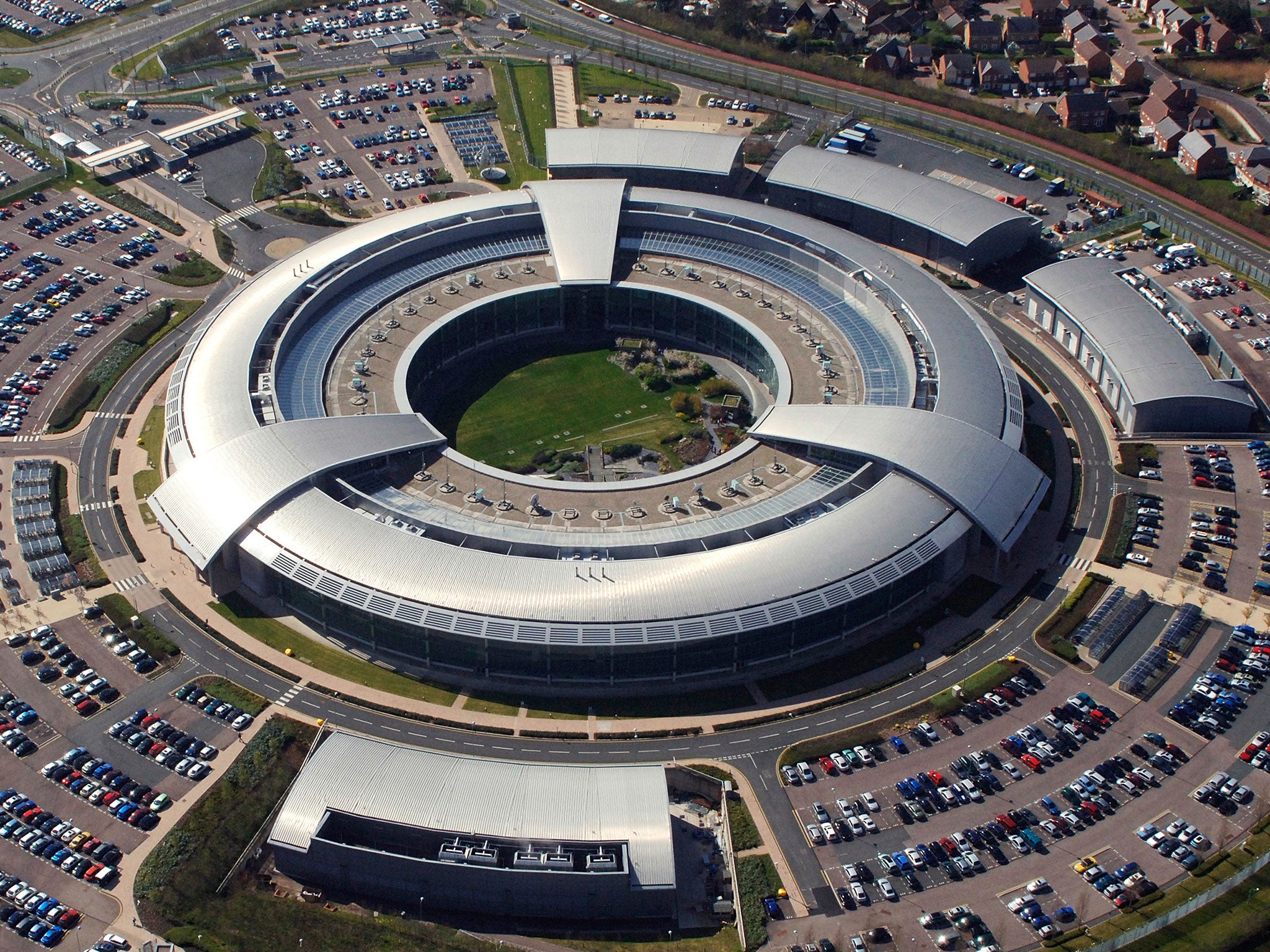UK spying laws should be scrapped, Anderson report says, as surveillance powers likely to receive complete overhaul
Major report calls for a complete overhaul of surveillance legislation, asking for a ‘clean slate’ and opening up possibility of wide-ranging spying reform

The government should scrap its system of spying laws, recommends a new report commissioned by David Cameron, and powers of spies to read people’s private messages could be dramatically curtailed.
The current laws are “undemocratic, unnecessary and – in the long run – intolerable”, the report says. Instead, the government must ensure that every "intrusive power must be shown to be necessary, clearly spelled out in law, limited in accordance with international human rights standards and subject to demanding and visible safeguards", said David Anderson, the author of the report.
The newly-published Anderson review offers a damning verdict on the current system of spying regulation. But it says that GCHQ and other intelligence agencies should keep its bulk interception powers, allowing them to listen in on conversations indiscriminately.
While the report justifies many of the existing powers, it recommends that many of the government’s planned new surveillance laws should not be added. There is little evidence that the “Snoopers’ Charter” would protect people, for instance, and the planned legislation should be scrapped until there is.
But Theresa May has indicated that the government is likely to push on with the controversial legislation. The current surveillance laws expire in 2016, the home secretary has warned, and so parliament must look to bulk them up.
Security and intelligence agencies should be able to go on hoovering up intercepted phone calls and messages in bulk, the report recommends. But “strict additional safeguards” should be added, including rules that mean judges must be consulted on whether people’s messages and communications can be read.
What exactly is collected should be redefined, the report argues. The government and intelligence agencies have long claimed that they only collect “metadata” — information on who was communicating and when, but not what was said — but the report asks that the definition of what constitutes that data should be made more clear.
Some had expected that the report could recommend a weakening of encryption, so that surveillance officials could get access to private information. Technology companies and privacy experts have criticised such "back doors", since any secret way of accessing information that is opened to governments will inevitably also be used by malicious hackers, foreign governments and criminals.
The report says that government should have the power to break through such encryption. "Were it to be otherwise, entire channels of communication could be reduced to lawless spaces in which freedom is enjoyed only by the strong, and evil of all kinds can flourish," the report says.
But it also acknowledges that giving government easy access to data would "threaten the integrity of our communications and of the internet itself". "Far preferable, on any view, is a law-based system in which encryption keys are handed over (by service providers or by the users themselves) only after properly authorised requests."
The report was commissioned by David Cameron last year, in an attempt to address some of the controversy around the Snowden revelations.
Join our commenting forum
Join thought-provoking conversations, follow other Independent readers and see their replies
Comments